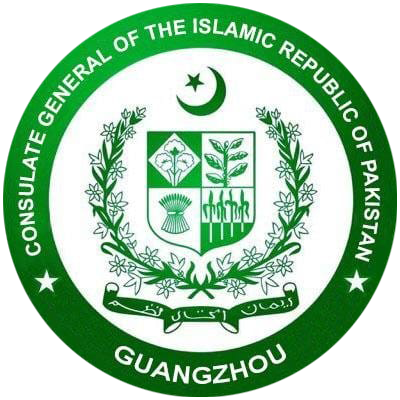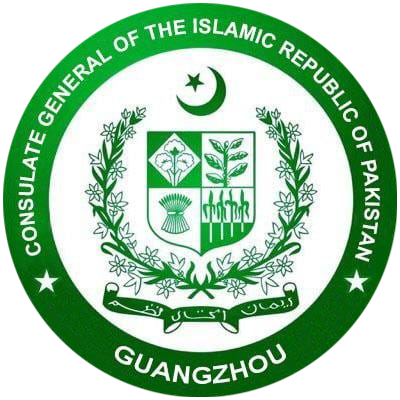FAQ - Trade And Investment
Yes, you can import
various agro-food items from Pakistan, including rice, sesame, corn, maize,
fish, dates, and processed foods.
Yes, you can form a
joint venture in Pakistan.
The priority sectors for investment in Pakistan are as follows:
- Agriculture/Livestock
- Food Processing
- Information Technology
- Home Appliances and Tech Products
- Renewable Energy
- Textiles and Apparel
- Leather Products
- Footwear
- Toys
- Chemicals and Petrochemicals
- Oil Refining
- Plastics
- Iron and Steel
- Packaging
- Electric Vehicles
- Solar Panel Manufacturing
- Surgical Instruments and Medical Equipment
- Pharmaceuticals
- Sports Goods
- Furniture
Yes, you can import textile yarn and other semi-finished textile products from Pakistan, as textiles are one of the export-oriented sectors of the country.
Yes, you can set up a processing factory in Pakistan, as there is significant potential for this type of business in the country.
Yes, there is considerable potential for logistics-related businesses in Pakistan.
You can visit the Board of Investment's website at https://invest.gov.pk and the SIFC’s website at https://www.sifc.gov.pk. For inquiries, you can email the official SIFC email at invest@sifc.gov.pk.
- Exports from Pakistan enjoy major tariff concessions in countries such as Malaysia, Indonesia, Sri Lanka, and across the South Asian region under SAFTA
- Additionally, Pakistan is a beneficiary of the EU-GSP+ Scheme, covering 66% of tariff lines and 90% of exports.
- Utilities and land connectivity ensured by law
- One-time duty exemption on the import of plant and machinery
- Income tax holiday for developers (5 years) and enterprises (10 years)
- Captive power generation allowed
- Single-window facility
- Development Modes
- Public Sector
- Private Sector
- Public-Private Partnership
You may contact the Trade and Investment Section of the Consulate General of Pakistan. The official email is tic.guangzhou@commerce.gov.pk.



